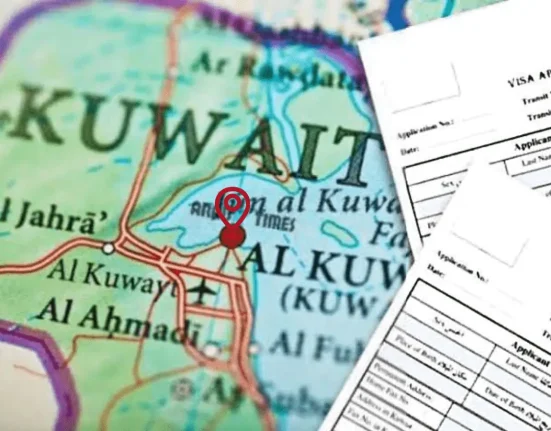In a move that has drawn global attention, the governments of Saudi Arabia and Kuwait have formally declared a complete ban on the entry of Israeli passport holders into their respective countries. The policy, which is already in effect, comes with a stern warning: individuals found in violation—whether attempting to enter or already within the territory—face the risk of immediate arrest and possible legal consequences.
While both nations have long withheld diplomatic ties with Israel, the renewed enforcement reflects heightened sensitivities across the region amid ongoing escalations in the Middle East, particularly in Gaza and the occupied Palestinian territories. The ban applies to all Israeli citizens, regardless of the purpose of travel, including tourism, business, or transit.
Government sources in both Riyadh and Kuwait City confirmed that all border posts, immigration authorities, and internal security agencies have been directed to enforce the new restrictions without exception. Airports, seaports, and land borders have been placed on alert to ensure full compliance with the directive.
Though Saudi Arabia in recent years had made limited gestures toward diplomatic openness through backchannel talks and multilateral events involving Israeli figures, the latest development signals a hardening of stance—especially as the humanitarian crisis in Gaza continues to dominate headlines and provoke strong reactions across the Arab and Muslim world.
Kuwait, on the other hand, has maintained one of the most consistent positions against normalization with Israel. Kuwaiti law explicitly prohibits direct or indirect engagement with the Israeli state, and lawmakers in the country have repeatedly voiced support for Palestine while rejecting any form of diplomatic or commercial ties with Tel Aviv.
The updated travel restrictions further underscore the broader regional sentiment of solidarity with the Palestinian cause, as tensions remain high across several fronts. Analysts believe the move may also be aimed at reinforcing domestic consensus, as citizens in both nations continue to express strong opposition to Israeli policies in the occupied territories.
Officials have urged international travelers to verify their travel documents and ensure compliance with the latest entry regulations before visiting either country, as ignorance of the law will not serve as a defense against potential detention or deportation.
As of the time of this report, no exceptions to the policy have been announced, and diplomatic observers are closely watching to see how the move will impact broader regional dynamics, especially amid ongoing debates around normalization, security cooperation, and humanitarian concerns in the Middle East.





